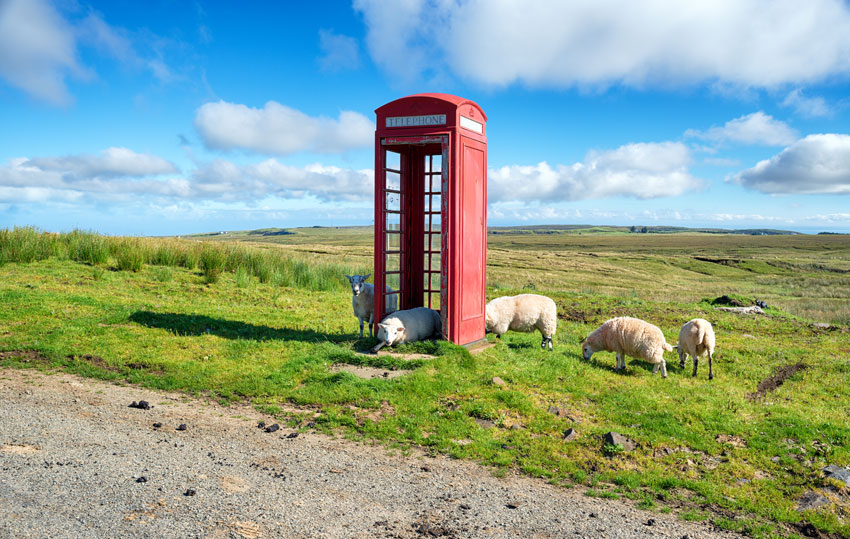Ofcom to protect telephone boxes in low coverage areas

Telecoms regulator Ofcom has stepped in to prevent BT from removing a number of the iconic red telephone boxes across the UK.
Around 5,000 public payphones will be protected from BT’s ongoing cull under new rules. The decision has been made to protect those in areas where they still might be required either in an emergency or due to poor network coverage.
“Some of the call boxes we plan to protect are used to make relatively low numbers of calls. But if one of those calls is from a distressed child, an accident victim or someone contemplating suicide, that public phone line can be a lifeline at a time of great need,” said Selina Chadha, Director of Connectivity at Ofcom.
“We also want to make sure that people without mobile coverage, often in rural areas, can still make calls. At the same time, we’re planning to support the rollout of new phone boxes with free wifi and charging.”
Around 150,000 calls were made from payphone to emergency services between May 2019-2020, highlighting the importance that these red boxes provide in times of need.
Under Ofcom’s new rules a phone box cannot be decommissioned if it meets any of the following criteria:
- It is near a location that has a high amount of suicides or accidents
- The area is not covered by any of the four major mobile providers (EE, O2, Vodafone or Three)
- Over 52 calls have been made in the past month
- There are exceptional circumstances why there should be a phonebox, to be taken on a case by case basis
BT, the largest telecoms provider in the UK has been slowly removing unused payphones as they become more and more obsolete. At the height of their use, there were 92,000 phone boxes in the UK, but now 96% of people own mobiles, this has dropped to 21,000.
While many of the payphones were simply torn out, some 6,000 were converted into micro-culture hubs such as tiny libraries, or given more practical uses like housing defibrillators.
In all fairness to BT, they have been trying to fill the telecommunications void left by the removal of the much-loved phone boxes. Since 2017 they have been introducing their Street Hubs across the UK, which roughly equate to a payphone for the modern age.
This means that on top of being able to make (free) phone calls you can access wi-fi and charge your phone.
In September, BT announced they will be installing the next wave of kiosks at 300 new locations. The Street Hub 2.0 rollout should be completed by Autumn 2022 and will boast even faster wi-fi than their predecessors, with equally as free phone calls.
Read on our blog

With the government poised to implement tough new measures to...

Budget broadband provider TalkTalk has been notifying customers via email...

A year-long investigation by charity Citizens Advice has revealed a...

Education Secretary Nadhim Zahawi has announced a new commitment to...
